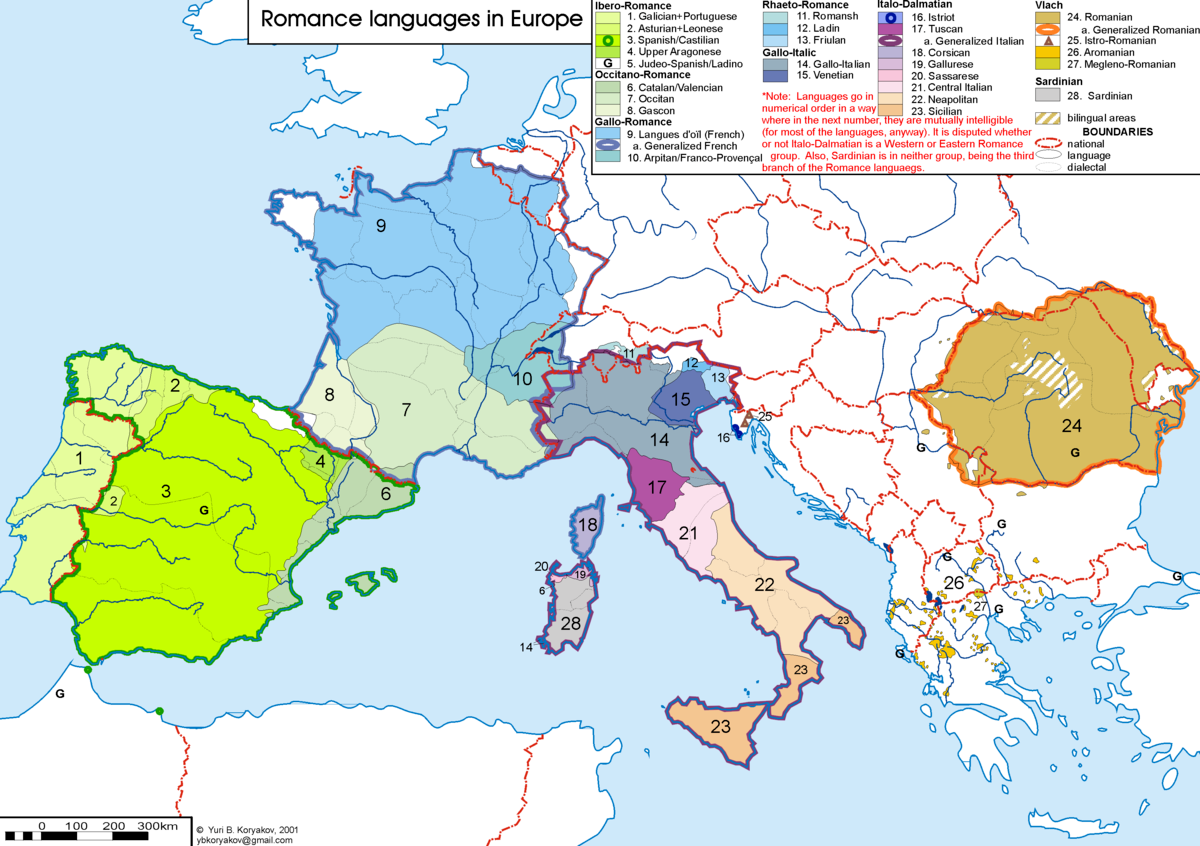anatomic elements: mind, eye, ear, nose, forehead, skull, spine, bone, tooth, finger, hand, shoulder, elbow, ribs, knee, thigh, heel, nail, flesh/meat, tongue/language, gum, liver, lungs, kidney, blood, veins, tear, sweat, spit, hair, skin, breasts, chest, navel: minte, ochi, ureche, nas, frunte, țeastă, spinare, os, dinte, deget, mână, umăr, cot, coaste, genunchi, călcâi, coapsă, unghie, carne, limbă, gingie, ficat, plâmâni, rinichi, sânge, vine, lacrimă, sudoare, scuipat, păr, piele, sâni/sîni, piept, buric
essential objects, beings, elements and actions (water, air, fire, sky, cloud, rain, snow, ice, wind, sun, moon, star, mountain, river, lake, sea, fountain, fish, bird, wolf, raven, bear, dog, sheep, goat, deer, cow, bull, pig, wheat, barley, millet, hay, day, year, week, the days of the week, the year seasons, wood, iron, gold, silver, short, long, smoke, bread, milk, wine, must (grape juice), fruit, house, window, gate/door, to be/is, stay, state, have, come, put, grow, give, die/death, live/life, sin, saint, cemetery, cross, peace, good, to believe/have faith, be born, laugh, weep, lie, feel, see/sight, taste, sweet, bitter, sour, eat, drink, hunger, thirst, blind, lame, crippled, wait, marry, wear, hold, press, cut, brake, bind, [to]judge, fight: apă, aer, foc, cer, nor, ploaie, nea, gheață, vânt, soare, lună, stea, munte, râu/rîu, lac, mare, fântână, pește, pasăre, lup, corb, urs, câine, oaie, capră, cerb, vacă, taur, porc, grâu, orz, mei, fân, zi, an, săptămână, [luni, marți, miercuri etc], [primăvară, vară, toamnă, iarnă], lemn, fier, aur, argint, scurt, lung, fum, pâine, lapte, vin, must, fruct, casă, fereastră, poartă/uşă [Ital.: uscita, uscio], a fi/este, a sta, stat/stare, a avea, veni, pune, creşte, a da, a muri/moarte, viaţă, păcat, sânt, cimitir, cruce, pace, bine/bun, a crede/credinţă, a naşte, a râde/rîde, a plânge, a minţi , simți, vedea/vedere, gust, dulce, amar, acru, mânca, bea, foame, sete, orb, șchiop, ciung, aștepta, mărita, purta, ține, strânge, tăia, rupe, lega, judeca/jude, luptă), family members, most colors, etc.
